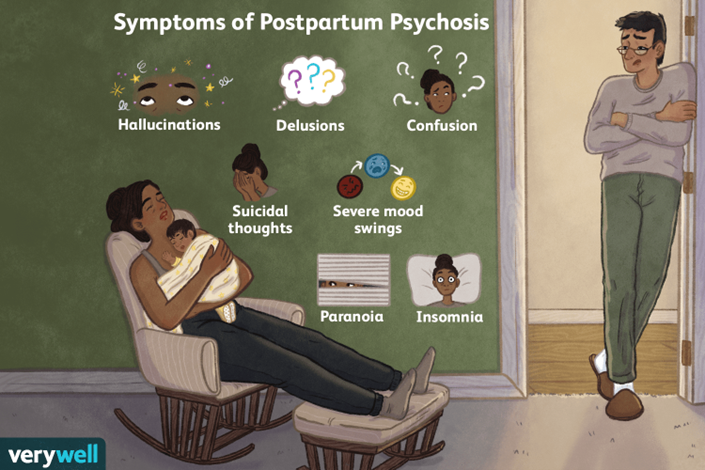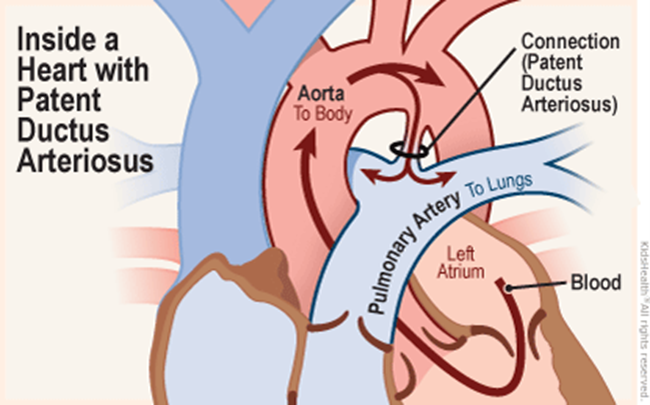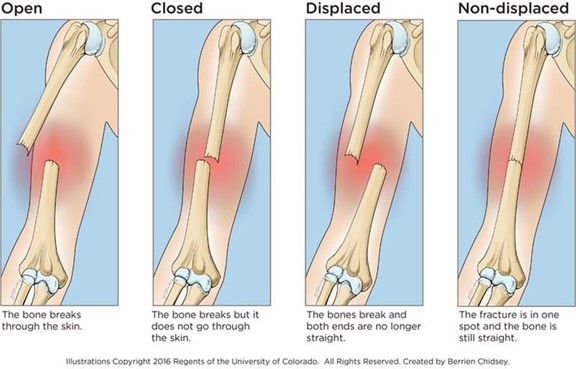A client who is 2-weeks postpartum presents with feelings of irritability, severe mood swings, and an irrational sense of her ability to keep her infant safe. She believes the infant is going to die, and there is nothing she can do to save her baby. The practical nurse (PN) should recognize the client may be exhibiting symptoms of which condition?
Postpartum depression.
Postpartum blues.
Postpartum dysphoria.
Postpartum psychosis.
The Correct Answer is D
The practical nurse (PN) should recognize that the client who is 2-weeks postpartum and presents with feelings of irritability, severe mood swings, and an irrational sense of her ability to keep her infant safe may be exhibiting symptoms of postpartum psychosis. Postpartum psychosis is a rare but serious condition that can develop after childbirth and is characterized by symptoms such as delusions, hallucinations, and severe mood swings. The client's belief that her infant is going to die and that there is nothing she can do to save her baby may indicate the presence of delusions. The PN should report these symptoms to the appropriate healthcare provider for further assessment and intervention.

Nursing Test Bank
Naxlex Comprehensive Predictor Exams
Related Questions
Correct Answer is B
Explanation
The practical nurse (PN) should recognize that a newborn whose mother has poorly controlled type 1 diabetes mellitus and is exhibiting grunting with mild sternal retractions is exhibiting signs of patent ductus arteriosus. Patent ductus arteriosus is a condition in which the ductus arteriosus, a blood vessel that connects the pulmonary artery to the aorta, fails to close after birth. This can result in abnormal blood flow between the aorta and pulmonary artery, leading to respiratory distress.
Hypothyroidism (Option A) and hyperinsulinemia (Option C) are conditions that can occur in newborns, but they do not typically present with grunting and sternal retractions.
Ventral septal defect (Option D) is a congenital heart defect that can cause respiratory distress, but it is not specifically associated with maternal diabetes.

Correct Answer is B
Explanation
Repeated visits to multiple emergency departments for various injuries or complaints can be a red flag for possible child abuse. The other options may indicate other issues or concerns, but they do not provide as much reason to suspect child abuse as the history of repeated visits to different emergency departments. It is important for healthcare providers to remain vigilant for signs of child abuse and to report any suspicions to the appropriate authorities.

Whether you are a student looking to ace your exams or a practicing nurse seeking to enhance your expertise , our nursing education contents will empower you with the confidence and competence to make a difference in the lives of patients and become a respected leader in the healthcare field.
Visit Naxlex, invest in your future and unlock endless possibilities with our unparalleled nursing education contents today
Report Wrong Answer on the Current Question
Do you disagree with the answer? If yes, what is your expected answer? Explain.
Kindly be descriptive with the issue you are facing.
